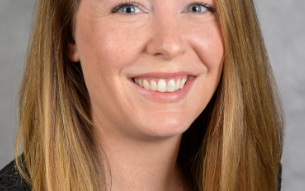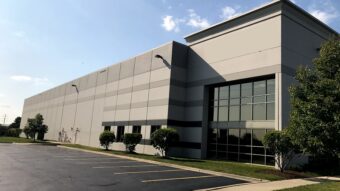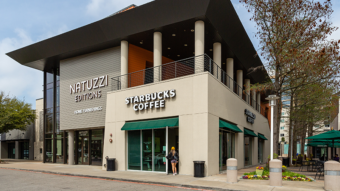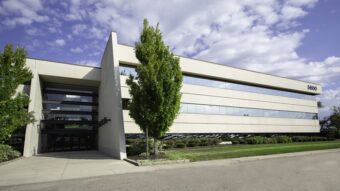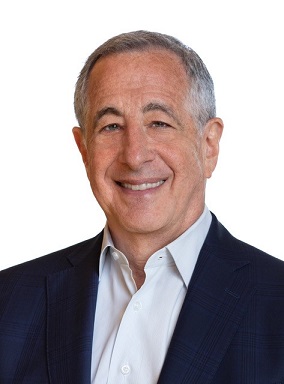
Chicago-based law firm Croke Fairchild Duarte & Beres LLC has named real estate and development executive David Reifman partner and chair of the Real Estate practice group.
Reifman brings a depth of experience in commercial real estate and community development. At CFDB, he will leverage his vast public and private-sector experience to advise real estate developers, strategic investors, emerging businesses, family offices and individuals on commercial real estate transactions including development project financing, land use planning and public-private partnerships.
Prior to joining the firm, Reifman served as president of Clayco’s Chicago Business Unit where he oversaw all enterprise activity for development, design and construction-related activities in the greater Chicago area; was a partner in CRG, Clayco’s real estate and investment arm; and sat on its Investment Committee. He worked with community, civic and philanthropic stakeholders throughout Chicago to have a positive impact on economic recovery, development and growth.
In his previous work in private law practice, Reifman was lead counsel on projects such as the restoration, renovation and expansion of Wrigley Field, the establishment of the Method Factory in Pullman, the redevelopment of Fort Sheridan, and the relocation of The Boeing Company headquarters to Chicago as well as the national site selection for the 787 Dreamliner airplane assembly.
As Chicago’s Planning Commissioner under former Mayor Rahm Emanuel from 2015-2019, Reifman was the architect of the widely recognized Neighborhood Opportunity Fund, which leverages increased downtown density to create resources for businesses in underserved neighborhoods on Chicago’s South and West Sides, and oversaw local, state and federal approvals for the Obama Presidential Center.
He also led the efforts to rehabilitate long-vacant landmark buildings such as Chicago’s Old Main Post Office; led the approvals of several mega-developments; initiated reforms to enhance minority- and women- owned business participation in private development; and developed community anchors in underserved neighborhoods, including multiple grocery stores, affordable housing, public facilities and other commercial, industrial and institutional assets.
